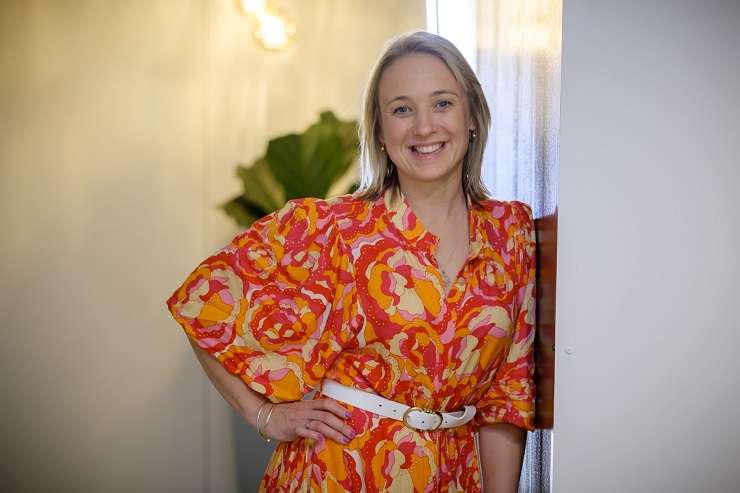Brokers are urging Kiwis to resist the temptation to lock in the cheaper mortgage terms that the major banks are offering right now.
Experts told OneRoof that homeowners should refix on a floating or six-month rate as expectations mount that borrowing costs will drop sharply by the end of the year.
Last week, ANZ was the first major bank to offer mortgage rates of less than 6%, when it cuts its three-year special rate to 5.99%. It was the first time mortgage rates had dropped below the 6% mark in almost two years. ASB, BNZ and Kiwibank followed suit, cutting their longer-term rates to similar levels.
EasyStreet Mortgages adviser Gareth Veale said borrowers would be “a little foolish” to lock in a three-year rate of 5.99% right now. He advised Kiwis who are in the process of refixing to hold out for interest rates to hit the low 5%s.
Start your property search
“The trick is don’t lock in for too long because you might find that you are paying over the odds longer term,” he told OneRoof.
Discover more:
- Why 4.6% is the housing market’s magic number - for horrible reasons
- Tony Alexander: How fast will interest rates tumble?
- Fire-damaged Auckland house sells for $430,000
“In six months, the one-year rate could be 5.99% and we are getting those rates without having to lock in for a long term. Three years is a long time and it could be in 18 months that interest rates are in the low 5s, even 4s.”
Veale said borrowers might be able to negotiate a more attractive rate than the 6.99%-plus six-month terms currently on offer.
My Mortgage adviser Claire Williamson said most of her clients were choosing to refix in the high 6%s for six months.
“There might be some people who are not getting advice and might just see those rates and fix say directly with their lender and there are a few marketing emails from the banks saying you could consider this rate.
“You’ve just got to look at the pros and cons based on the rates at the time and what the borrower needs.”
While some people might be happy refixing every six months, others might opt for an easier life and fix for 12 months.

My Mortgage mortgage adviser Claire Williamson says most people are fixing for six months. Photo / Supplied
CoreLogic chief economist Kelvin Davidson said people had to look at their budgets because fixing for six months would cost more in the short term.
“It’s not an easy decision because you are paying more now and you have to hope interest rates fall enough over a one or two-year horizon to make you better off than just taking a one-year or two-year rate now.”
Some households might latch onto the cheapest rate because it saved them money now and they would deal with the future later.
The Reserve Bank of New Zealand figures around new lending showed people were still favouring fixing for one year, but in the last three months there had been a slight shift towards the six and 18-month rates.
Davidson said it was easy to see why, especially with Kiwibank and Westpac economists now predicting the first Official Cash Rate cut in October.
“The question of an Official Cash Rate cut this year is more a matter of when not if. It’s definitely going to happen,” he said.
“Bank economists might be wrong, but the expectation is sooner and sooner. If it happens in October you might think there’s potentially another one in November – so it’s not only that you might get one rate cute you actually might get two [this year]. So that’s going to lower the short-term mortgage rates even more.”
While he’s not expecting the RBNZ to drop the OCR at its meeting next Wednesday, Kiwibank chief economist Jarrod Kerr does expect all the forecasts to be updated.
“I think it will be enough for them to say we are not cutting at the end of 2025, we will be cutting at the end of 2024 and that will be a massive shift for them,” he said.
“If it was up to me and I was setting monetary policy I would be cutting in August, but I don’t think the Reserve Bank will turn that quickly and I think October is a live month.
Kerr said wholesale interest rates had already fallen enabling banks to lower their interest rates in recent weeks and that was without the Reserve Bank cutting the OCR.
“That’s because the market has factored in a full rate cut in October and another full rate cut in November. Those wholesale rates have dropped 100 basis points in the last month or so – it’s been really quite dramatic.”
Overseas, some changes to the base rate are already happening with the Bank of England last week dropping from 5.25% to 5% citing an easing in inflationary pressures. The Federal Reserve has also indicated that a drop of 25 basis points could also be on the cards in September.
- Click here to find more properties for sale


















































































